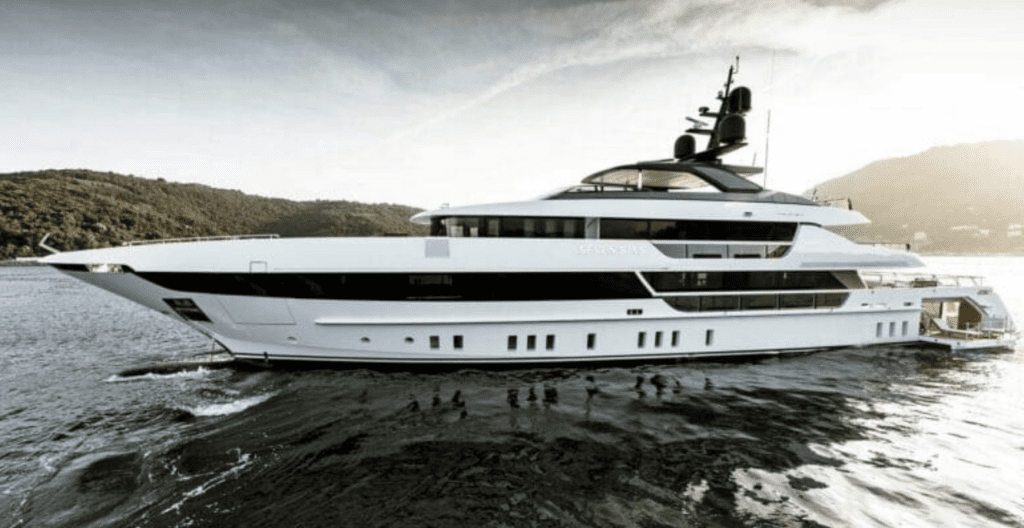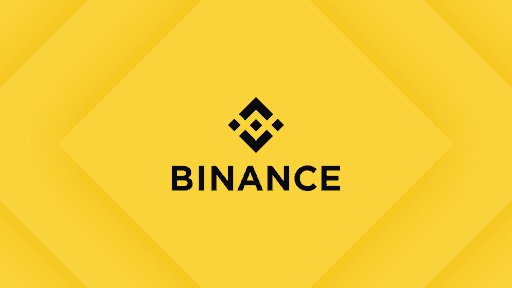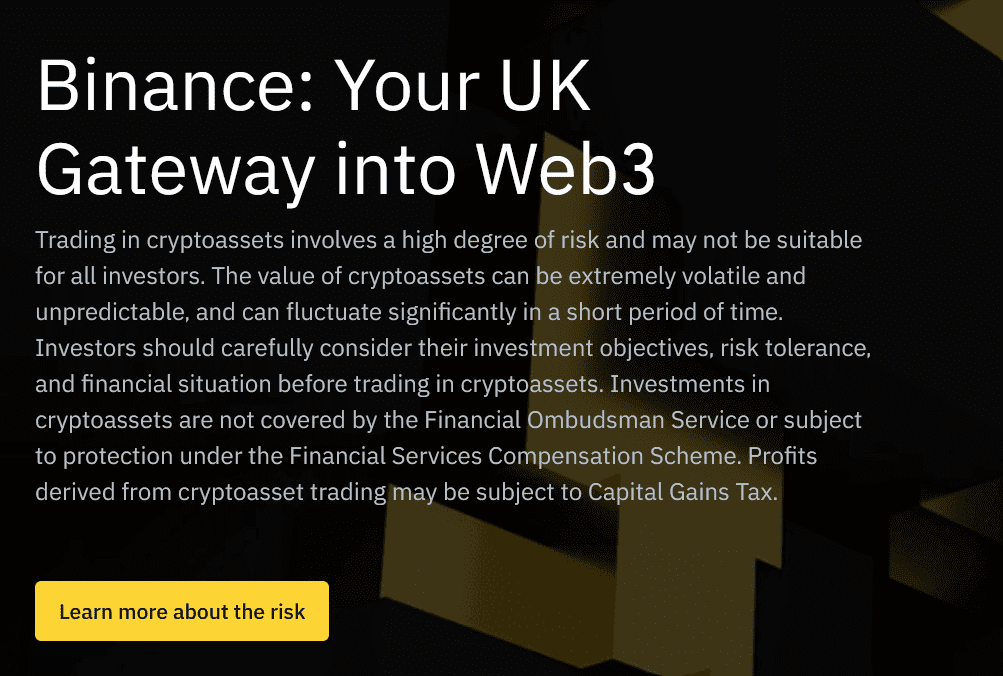Working with artificial intelligence like ChatGPT will soon be as commonplace as taking a shower in the morning. Interacting with ChatGPT can be a rewarding experience, especially when you know how to phrase your prompts effectively. Just like any tool, the results you get from ChatGPT are often a reflection of the input you provide. Here’s a guide to help you craft the best prompts and get the most out of your interactions with ChatGPT.
1. Be Specific and Clear
The more specific you are, the better. Vague questions can lead to general answers. Instead of asking, “Tell me about dogs,” you might ask, “What are the differences between a Golden Retriever and a Labrador Retriever?”
2. Break Down Complex Questions
If you have a multi-part question, consider breaking it down into individual queries. Instead of asking, “Tell me about the history of the Roman Empire and its impact on modern Europe,” you could start with, “Provide an overview of the Roman Empire’s history.” Once that’s answered, you can follow up with, “How did the Roman Empire influence modern Europe?”
3. Use Open-Ended Questions for Detailed Answers
If you’re looking for a detailed response, frame your question in an open-ended manner. For instance, “Describe the process of photosynthesis” will yield a more comprehensive answer than “What is photosynthesis?”
4. Specify the Format You Want
If you have a preference for how the information is presented, let ChatGPT know. For example, “List the top five benefits of meditation” will get a different response than “Explain the benefits of meditation.”
5. Ask for Sources or Verification
If you want to ensure the information is credible, you can ask ChatGPT to provide sources or verify the information from multiple sources. For instance, “Can you provide sources for the benefits of green tea?”
6. Rephrase If Unsure
If the response you receive isn’t quite what you were hoping for, try rephrasing your question or asking it in a different way. Sometimes, a slight tweak in wording can make all the difference.
7. Utilize Plugins and Tools
ChatGPT has access to various plugins and tools that can enhance its capabilities. If you’re looking for specific information from the web, news articles, or SEO analysis, mention it in your prompt.
8. Set Context When Necessary
If your question builds on previous information or requires background knowledge, provide a brief context. For instance, “Considering the economic impact of the 2008 recession, how did it influence the housing market?”
9. Limit One Request Per Interaction
To get the most accurate and focused response, it’s a good practice to limit your prompt to one main request or question per interaction. This ensures that ChatGPT can hone in on exactly what you’re asking.
10. Feedback is Key
If a response is particularly helpful or misses the mark, let ChatGPT know. Your feedback helps improve future interactions.
11. Ask ChatGPT to phrase your prompt
Asking ChatGPT for advice on how to phrase a prompt can be beneficial, especially if you’re unsure how to structure your question or if you’re seeking a specific type of response. ChatGPT can provide guidance on crafting a clear and effective prompt based on the information or format you’re aiming for.
For instance, if you’re trying to gather information about a complex topic and aren’t sure how to phrase it, you can ask something like, “How should I phrase a prompt to get a detailed overview of quantum physics?” ChatGPT can then guide you on how to structure your question for optimal results.
Conclusion
Crafting effective prompts for ChatGPT is both an art and a science. With practice and by following the guidelines above, you can enhance the quality of your interactions and get the information you need efficiently and accurately. Remember, the key is clear communication, so always strive for clarity and specificity in your prompts.















